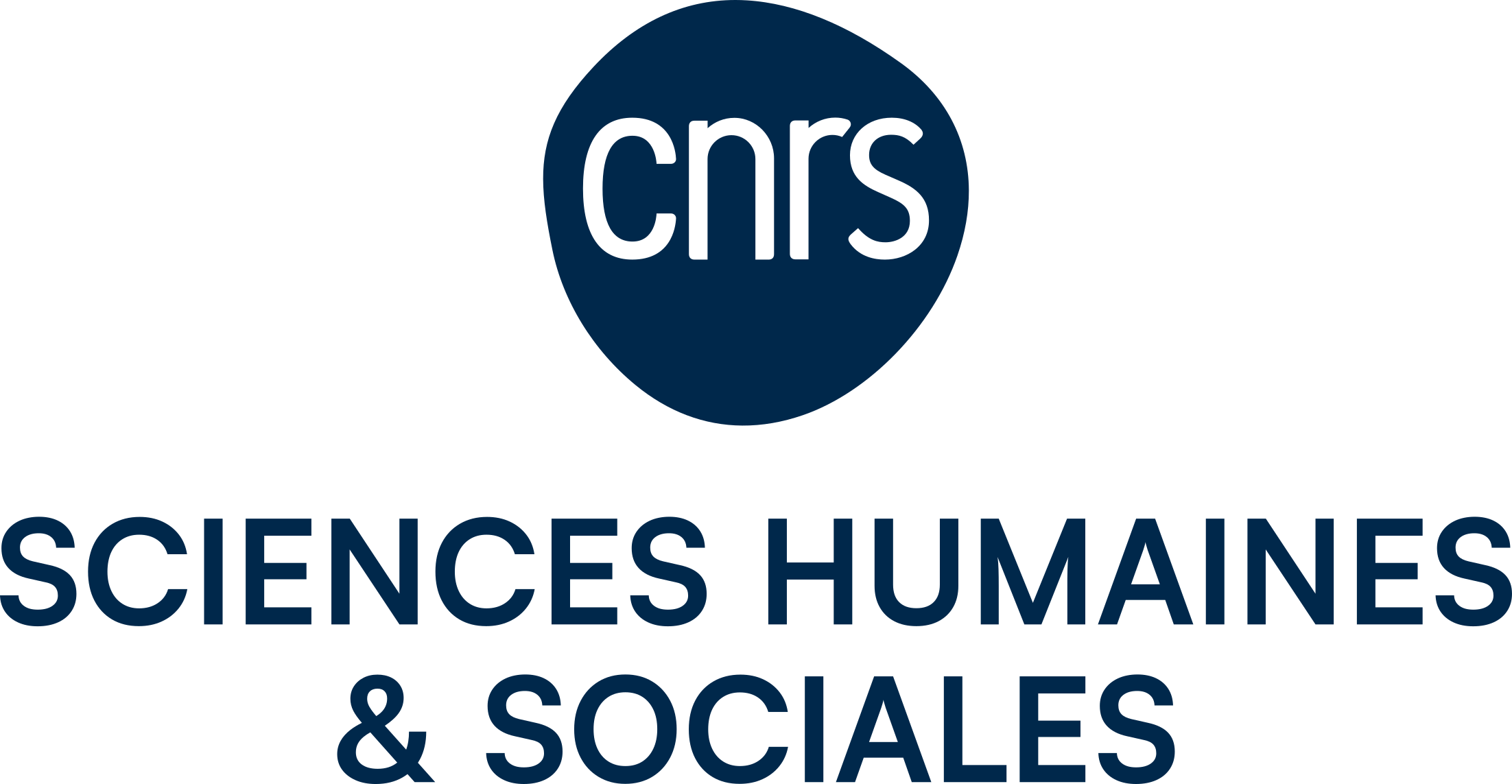01/07/2021 – Matthew EASTERBROOK
jeudi 1er juillet 2021, par
Using social psychology to tackle educational inequalities : Identities, contexts, and interventions
| Date : | 01 juillet 2021 |
|---|---|
| Heure : | 10h30 - 11h30 |
| Lieu : | Teams |
Abstract
Some groups of students—such as some ethnic minorities or those from lower class backgrounds—on average achieve much lower academic grades and are much less likely to progress within the education system than other groups. Social psychological or “wise” interventions can be incredibly effective at improving outcomes for these groups of students ; however their effectiveness, and the groups that benefit from them, vary considerably across contexts and they can even—in some circumstances—be harmful. In this talk, I present the Identities in Context model of educational inequalities, which emphasises the importance of gaining a deep understanding of the extent to which features of the local educational context are creating social psychological barriers to success for some groups of students. I then suggest a research protocol for researchers and practitioners to follow in order to a) identify which, if any, social psychological barriers are disrupting the educational performance of which groups of students in their local context and b) if such barriers exist, to choose, tailor, implement, and evaluate a psychological intervention that is likely to be effective at reducing those barriers and so improve outcomes for those groups. Finally, I will present some preliminary, unpublished findings from my lab that show the how this protocol has been used to reduce sanctions for poor behaviour and improve attendance in schools in a locality in England.
Speaker
Matthew EASTERBROOK (University of Sussex, UK)

depuis votre smartphone



